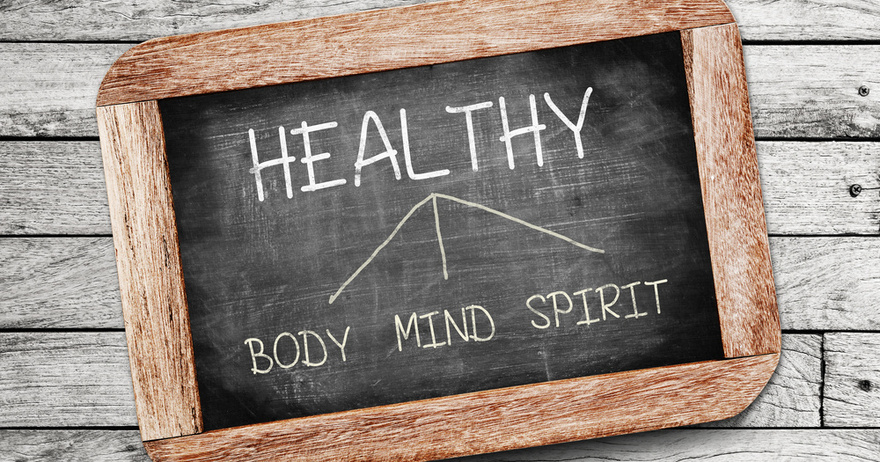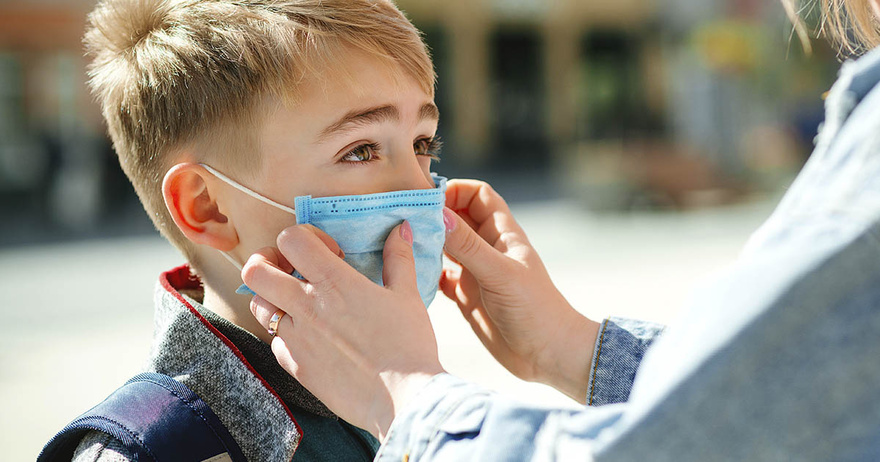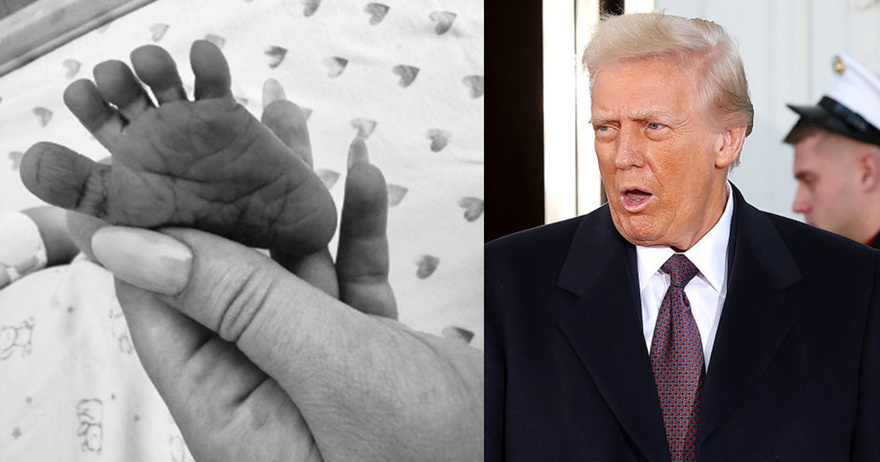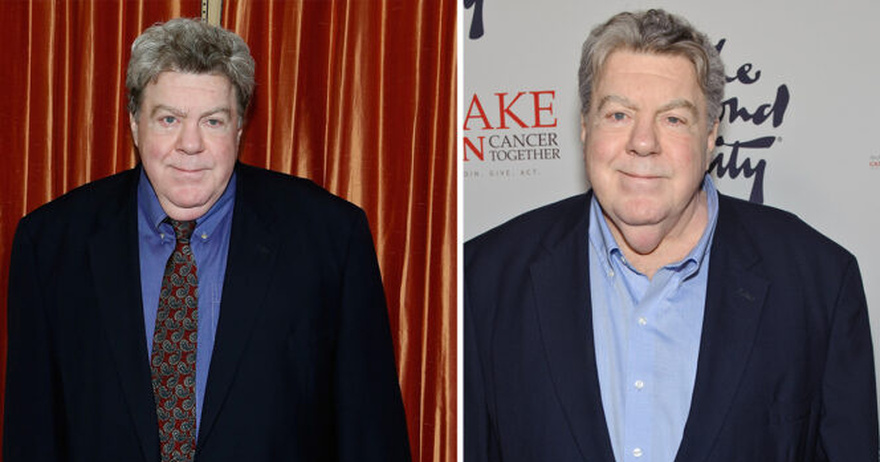Stress is a part of life. We all have stressful days or stressful periods. For example, a difficult meeting at work, exam period while still in school, or helping a loved one through an illness or difficult time. Generally, this stress is acute. Really big, long, stressful periods, however, can take a toll on our health. Dr. Leigh Erin Connealy of the Center for New Medicine in Irvine, California, has gained unique insights into the patterns and triggers that often precede a cancer diagnosis. The connection she has observed in her practice between her patients’ mental state and physical health reveals a prominent underlying theme – high stress. Her observations of the connection between stress and cancer come from 32 years of helping patients through their cancer journeys.
The Mind-Body Connection: Stress as a Precursor to Illness
When a patient comes in to see her, Dr. Connealy doesn’t look to only treat the patient’s cancer. Rather, her goal is to treat the patient as a whole. Through her holistic approach to treating patients, she has noted that often the one thing that precedes their diagnosis is stress. She notes that many cancer patients she has treated faced intense and prolonged stress before their illness manifested. This stress can originate from various sources, including demanding work environments, family challenges, major life changes, or emotional trauma.
Understanding the Physiological Effects of Stress
We tend to think of stress as an emotional or spiritual response to difficult times or situations. The reality is that the stress that we feel is actually a physiological and biological process that is occurring in our bodies. Stress actually refers to specific hormones cortisol, epinephrine (adrenaline), and norepinephrine (noradrenaline). A situation or period of time that we would deem ‘stressful’ triggers a series of physiological responses in the body, particularly through the activation of the hypothalamic-pituitary-adrenal (HPA) axis. These lead to elevated cortisol levels, the primary stress hormone. Prolonged stress can disrupt normal bodily functions, suppress the immune system, and promote inflammation, which can impair the body’s ability to fight abnormal cells, potentially increasing the risk of cancer development.
Stress Management: Key to Cancer Care

While you may not be able to control going through a stressful situation in life, knowing stress contributes to cancer means knowing that de-stressing can be an integral part of a treatment plan. Dr. Connealy emphasizes the importance of addressing and managing stress as a fundamental aspect of cancer care. By reducing stress levels, patients may enhance their immune function, reduce inflammation, and promote healthier cell processes. The way you integrate stress reduction in cancer treatment isn’t complicated or overly medical. She suggests practical strategies, including spending time outdoors, maintaining a balanced diet, prioritizing restful sleep, minimizing toxin exposure, and incorporating physical activity into daily routines.
Scientific Debate: Stress and Cancer Link

There is some research that suggests this link between stress and cancer that Dr. Connealy has observed in her clinic. That being said, this connection remains a source of debate in the scientific community. While there is certainly evidence that these biological factors, such as high amounts or prolonged elevation of stress hormones, have an effect on immune function, inflammation, and our overall health, more research is needed. Large-scale studies have yet to establish a direct causal relationship between stress and cancer incidence.
Early Warning Signs: Vigilance for Timely Detection

Recognizing early signs of cancer can significantly impact treatment outcomes. Individual cancers all have their own symptoms, however, there do tend to be some common themes across them all. Common symptoms include unexplained weight loss, persistent fatigue, chronic pain, skin changes, unusual bleeding, and night sweats. If you notice yourself experiencing any of these symptoms, go speak with your doctor as soon as possible. Early detection through awareness of symptoms and routine screenings plays a pivotal role in successful cancer management.
Empowering Wellness: Integrating Lifestyle Choices

What does this mean for the general population? For starters, it proves the importance of mental health and stress management for overall health and disease prevention. Health-conscious decisions, including maintaining a healthy diet, regular exercise, avoiding tobacco and excessive alcohol, and managing stress, can collectively contribute to reducing cancer risk. While stress alone may not directly cause cancer, its influence on behaviors and biological processes underscores the importance of a holistic approach to wellness and preventive healthcare. If you are finding it difficult to manage your stress on your own, speak to your healthcare provider to help you find the resources available to you to do so. Your health and your life are worth it.






























